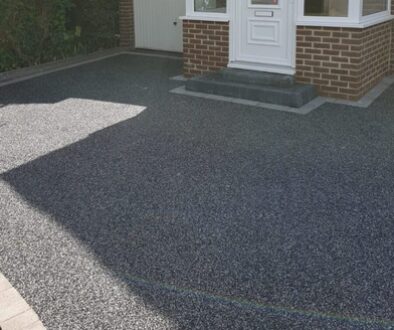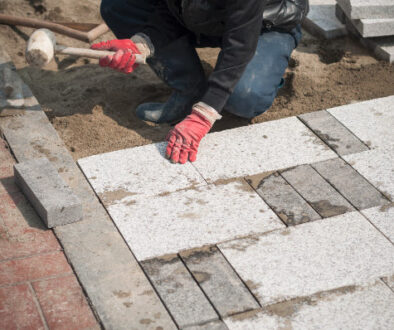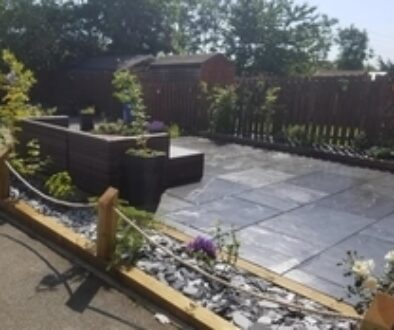How Retaining Walls Enhance Your Home
In construction and outdoor home improvement, homeowners build retaining walls as part of their garden landscape. They are rigid structures to restrain soil from sloping but would look constructed naturally.
A retaining wall can be confused with a fence. When building a wall, you need to consider the location, the purpose, and how it matches your current landscape design if you already have one. Similar to a bridge, a retaining wall should be built with a strong foundation because they both use masonry to prevent the ground from collapsing.
Taking all these considerations will help you build a retaining wall that will improve your home’s appeal.
Here are the following tips where you can add more to your retaining wall:
- Extend your backyard. Some homes have backyards with a portion of ground left bare and unattended. Patio fitters can make that ground usable by recommending building a retaining wall. You can transform the surrounding levelled ground into a small garden and have that sloped hill barred with a retaining wall. It does not only enhance your backyard but will make it look more spacious. Some homes have uneven ground at the front. Adding a retaining wall will enhance your driveway to the next level.
- Create a physical boundary. A retaining wall is a perfect boundary between a deck and the lawn. You can even remove the deck if you think it is no longer appealing, has worn out, and has slabs that have chipped, broken, or moulded. The retaining wall can replace your old deck and avoid costly maintenance to your deck. Build a raised patio instead with a retaining wall on the side and paved stairs that connect to the patio.
- Additional space for your ornamental plants. If you think you have limited space for plants you want to add, a retaining wall is an excellent location surrounding the wall. Patio and retaining wall fitters have the skill to provide space for your plants and herbs.
- Additional curb appeal. A creative patio with a retaining wall and a beautifully manicured garden landscape make your home complete and elegantly stunning! If built on the front, the retaining wall will serve as a barrier from the driveway to the front door, protecting the lawn that welcomes the entryways on the corner from any damage. The back of the wall can also be made into a porch where seats and plant pots can be added, serving as a receiving area for visitors and friends.
- Efficient drainage. Water and flooding is the main problem in most landscaping projects. Building a retaining wall will help driveway and patio builders design drainage that will route water in the proper path or suggest a plumbing design that will benefit the plants.
Major Considerations Before Building the Wall
Retaining walls are not the only ones you have at home. Ideally, retaining walls are valuable reinforcements in highways where enormous soil had to be retained for road-widening purposes.
As there is no appropriate place for the excess soil, the retaining wall serves as a giant stone to prevent soil erosion.
If you are planning a project in your home, the following considerations will be helpful to make your retaining wall as efficient as it should be.
- Location. Make sure that you understand certain factors that will get affected when you randomly select a location. Is the location not encroaching on another property? Could it not damage the drainage or piping system? Also, when builders start to excavate, you should have a designated place for the excess soil.
- Design. The design is vital to the integrity of the wall. Think about the wall height, the lang slope, type of soil, and area to protect. Poorly installed walls with substandard materials can cause collapse eventually. If you feel there isn’t enough support for the wall to stand, insist on a wall reinforcement and ask the patio builders about it. More importantly, seek advice from expert fitters as they know how to calculate before you begin the project.
- Soil quality. The soil serves as the foundation for the wall. It needs to have the qualities: firm, strong, and solid. Wet soils are not recommendable, and they could only soften with a bit of rain or snow. Ask for a reasonable ground that does not have chemical elements that become easy to erode when it gets wet.
Conclusion
For more comprehensive guidance about retaining walls, it is best to consult the experts. At least, you won’t have difficulty in requirements, including local permissions and government codes.
Newcastle Driveway and Patio Pro have a team of professionals, engineers, and fitters who can offer recommendations and support on what’s best for your property.
Call our office or visit our website to learn more.



